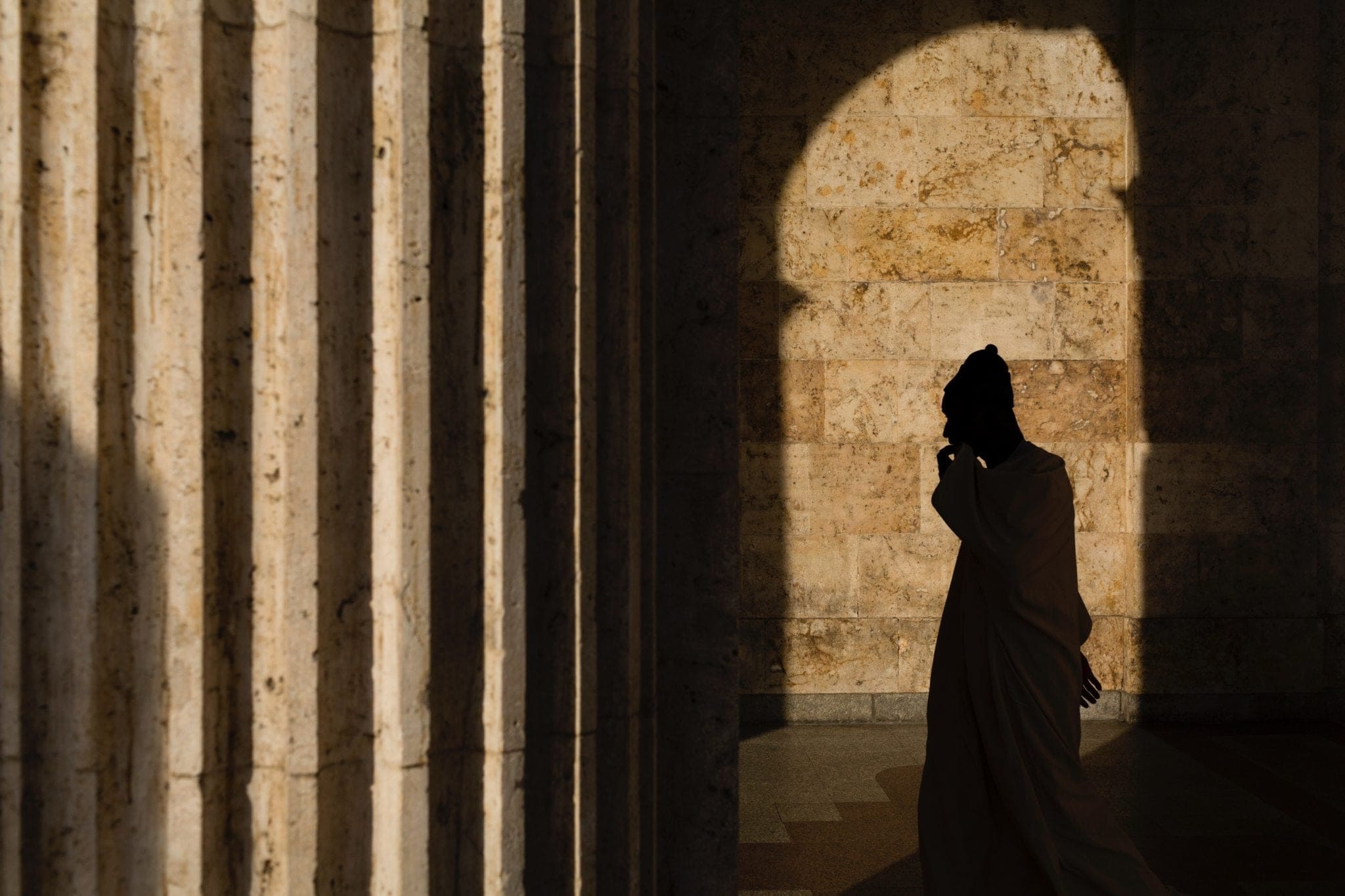Habib Ali al Jifri and the Man Who Killed His Teacher
Habib Ali al Jifri tells the story of the day he met the man who killed his teacher and unfolds it into a lesson on showing mercy to those who wrong us.
I was in Aden.
Someone who was one of the leaders of the regime which killed scholars in this blessed valley [of Hadramawt] was present in a gathering I was in. Fate had it that I should meet him.
This man was one of the key suspects in the abduction of my master, the Imam and Martyr, Habib Muhammad ibn Salim ibn Hafiz. On merely seeing him and being told who he was, I felt extremely uncomfortable. This is human nature.
It was difficult for me to talk to him even for the sake of dawah. I confess this is a mistake and a shortcoming. Regardless of how much I love my teachers, calling to Allah is a duty which dictates we speak to everyone whoever they are.
All of a sudden, he came up to me and said: “I want to repent. How do I go about this?”
I tried to contain myself so I could answer his questions. Tried to smile so I would not turn him away from the truth.
After I returned from the gathering, I still felt uncomfortable. So I phoned my master, Habib Umar, and told him about this person. He asked: “What does he want?”
I said: “He approached me saying he wants to repent to Allah. I knew you would tell me to call him to Allah, but I had great difficulty speaking to him and I disapproved of my state.”
He said: “Ali, fulfill Allah’s right upon you in guiding him to Allah. Bring forth mercy and concern for him from your heart. As for you disliking being in his company or looking at him, turn it into hatred for his actions and not for him as a person.”
“The Prophet, Allah bless him and give him peace, accepted Wahshi’s Islam even though he had killed his uncle Hamza but he found it difficult to look at him. So he said: ‘Let him not show his face to us.’”
These words are priceless.
These words are priceless, because the one who said them is talking about a man who did the greatest evil to him: he caused him to lose his father and caused the family to be split up.
Yet look at how he applied the Prophetic principle. He immediately brought to mind the statement of the Prophet, Allah bless him and give him peace: “Let him not show his face to us.”
This is what Habib Abu Bakr al Adani speaks of regarding the concept of trying to find a precedent from the life of the Prophet, Allah bless him and give him peace, for every event that occurs.
With gratitude to Muwasala.
